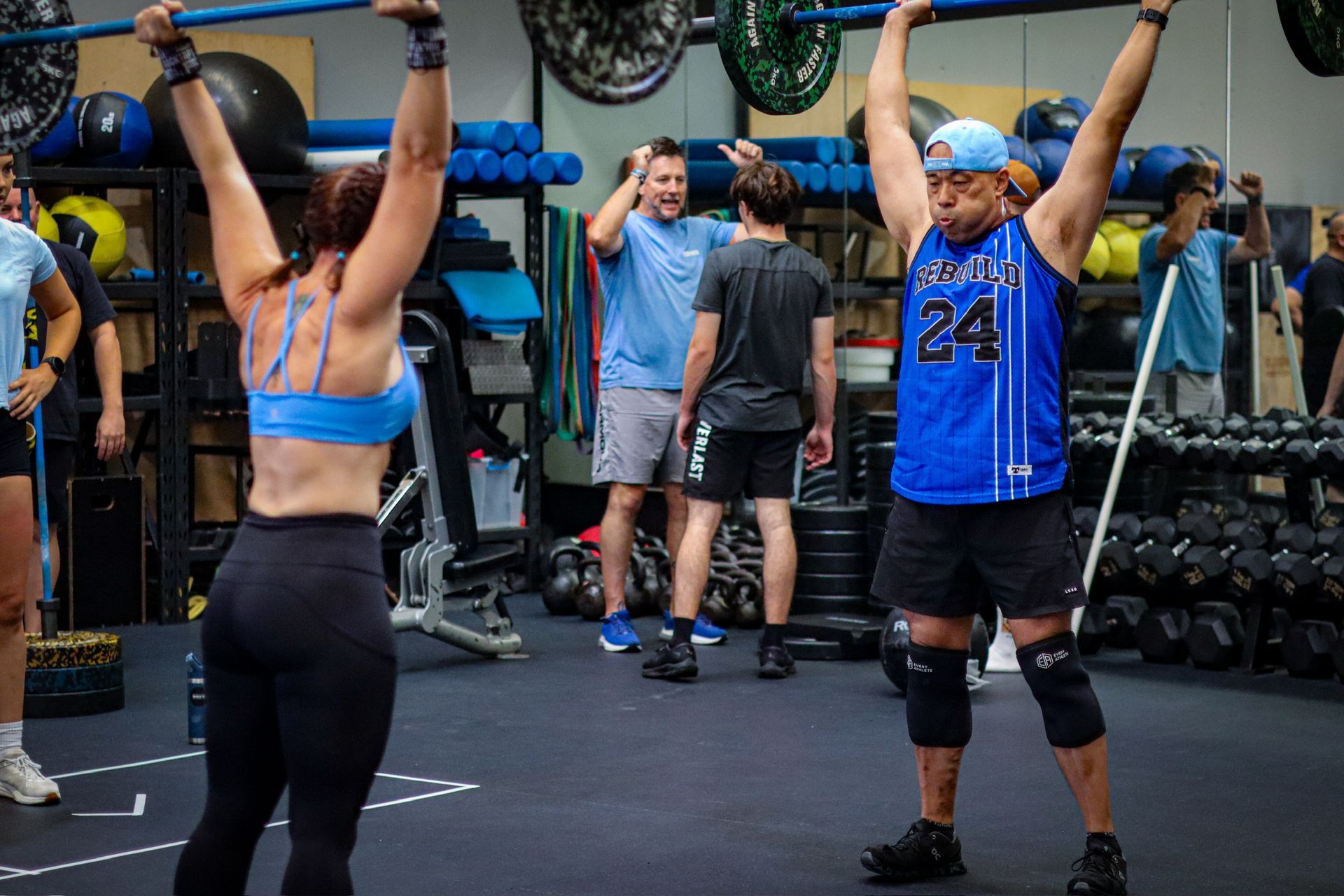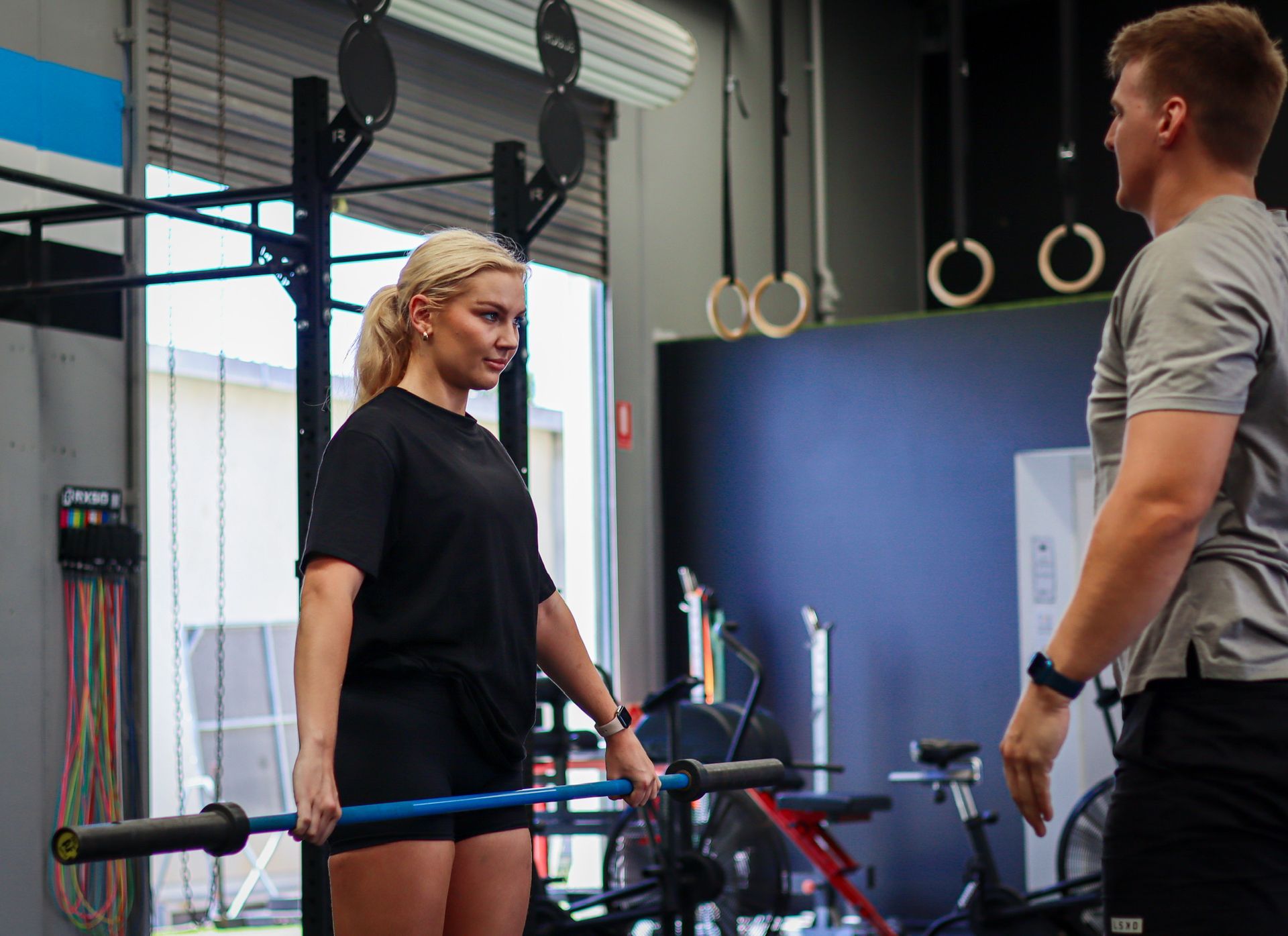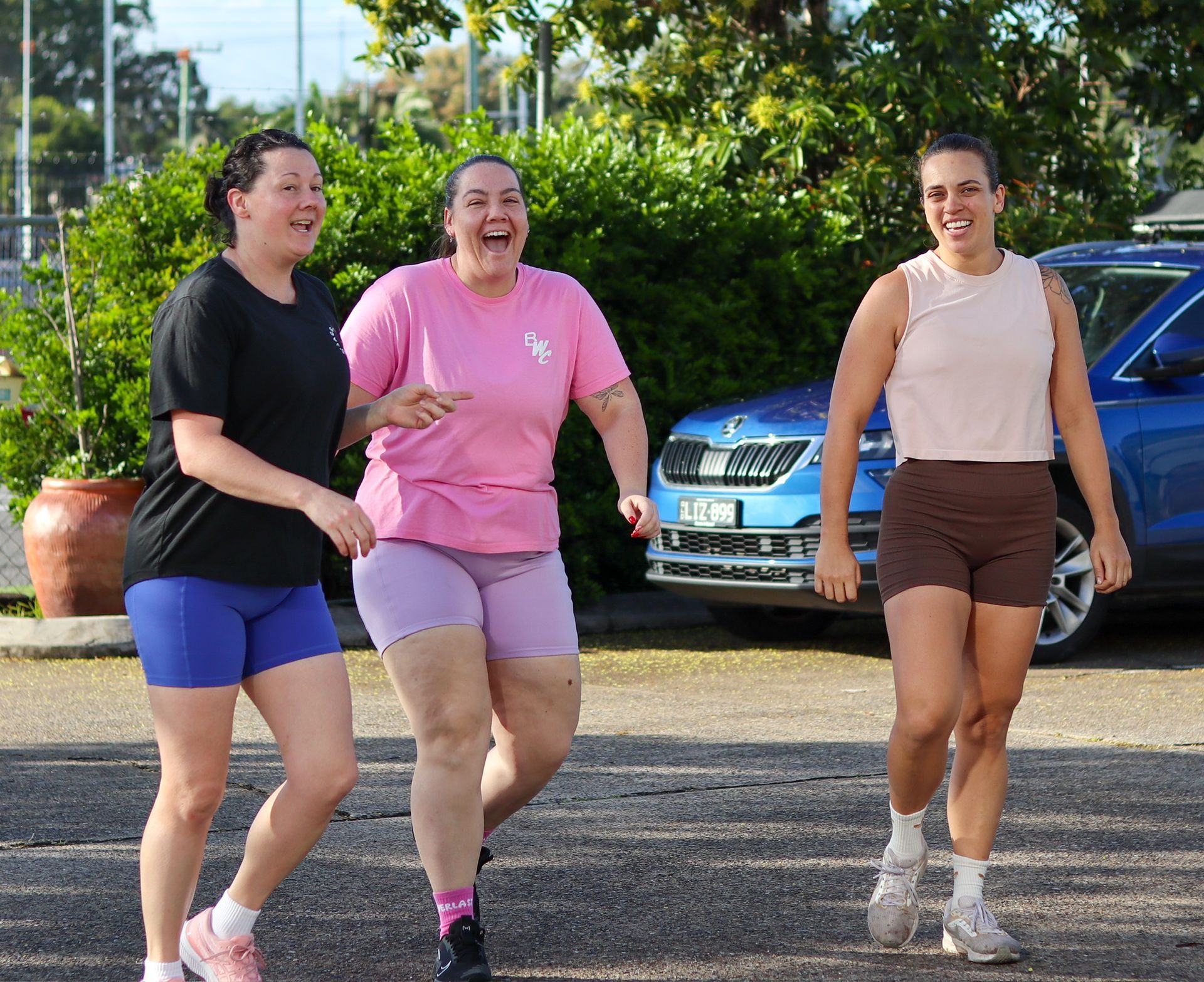Supplements: Which Ones To Take For Your Health And Sport Performance
Walking through a chemist, health store or even supermarket, there can seem to be endless number of jars of vitamins promising health benefits from better sleep to glowing skin, fat loss, hair growth and reduction in inflammation to name a few. The supplements industry in general can be quite difficult to figure your way around. Sean says, “it’s a fake industry built around just trying to sell things.” And so, it is important to only go for supplements that have enough research and evidence on them to prove that they actually work. You shouldn’t blindly believe just any advertisements or the word of, say, influencers. As James says, “when it comes to the advertising on [supplements], the thing to remember for the general population is if it’s too good to be true, then it often is.”What is important to remember is that supplements are supposed to supplement your diet, not replace the nutrients that you can easily receive from food. They’re just supposed to help, but they’re not magic or a quick fix. View this post on InstagramA post shared by Rebuild Health and Fitness (@rebuildhealthandfitness) Supplements for healthThe coaches at Rebuild recommend a few supplements that are proven to have a positive impact on health. Some of these are fish oils, vitamin D, and whey protein.Fish oil contains two omega-3s called docosahexaenoic acid (DHA) and eicosapentaenoic acid (EPA). It has cardiovascular benefits, it helps to reduce inflammation, might increase strength and size, and might improve fat loss. The amount of fish oil one’s body requires primarily depends on how much fish they eat. James says, “my advice to people is to take fish oil on the day that they don’t eat fish. I advise most people to take it.” There are also some vegetarian sources such as algae, flax seeds, and chia seeds. When it comes to supplements, the dosage depends on the goal of an individual but usually, about 300 to 1800 milligrams per day is good.Vitamin DVitamin D has become one of the most researched areas of supplements. Vitamin D is acquired and synthesised within the body when the skin comes in contact with sunlight. And so, with the ongoing pandemic, more and more people are being diagnosed with vitamin D deficiency. The problem with it is that a very small amount can be found in a person’s diet. Laughing, James says, “to get vitamin D from food, you would have to have 6,250ml worth of whole milk or a very impressive 143 large eggs per day to hit the recommended RNI.”It’s better to just get a bit of sunshine each day. A lack of vitamin D can cause various issues, including depressive symptoms. An optimal amount improves functioning of the immune system, improves bone health, potentially improves general health, and potentially improves fat loss. How much the body needs, and its dosage, depends on many things such as the skin tone, how your body functions, where you live and your ethnicity. It can be taken daily, weekly, or monthly. Ideally, people should get their blood tested first to know exactly how much is required by the body.Supplements for sport performanceHere, the boys talk about evidence-based supplements that can help with sports performance. Some of these are caffeine, creatine monohydrate, beta alanine, sodium bicarbonate, and HMB (hydroxymethylbutyrate).It is important to note that there are no fat loss supplements and as James says, “there are a few things that might facilitate it, but nothing directly helps weight lost by calorie deficit.” So, it is a better idea to focus on supplements that’ll perhaps improve performance to assist with fat loss.CaffeineCaffeine is one of the most popular supplements in the world, even if people don’t realise it. It can be found in coffee, chocolate, and various other common foods. Tolerance to caffeine increases depending on how used to it you are. And because it is so commonly consumed, figuring out what counts as a “good amount of coffee” for your body is very important.Caffeine has many performance benefits. It helps train for longer. It reduces reaction time so that makes you sharper and increases alertness. It also helps improve decision-making, especially when you are sleep deprived. Additionally, it can increase strength and force, improve muscular endurance and endurance performance. Overall, it ensures that you perform better.Ideally, it should be consumed about 60 minutes before exercise or competition. The dosage would range between one and six milligrams per kilo of body weight.When it comes to caffeine, it is extremely important to not depend on it. James says, “I think a lot of people are dependent on it. You never wanna become dependent on a stimulant to make sure you are training right.”Creatine MonohydrateCreatine monohydrate is one of the best, and arguably one of the cheapest supplements out there.It has so many benefits such as an increase in strength only after a few days of supplementing. It can help improve the overall training load compared to what could be tolerated previously and help increase muscle hypertrophy. It can also massively improve recovery. It is perhaps most useful for endurance athletes because it allows to go on for longer. It also improves cognitive function and helps with sleep deprivation. Additionally, it has been shown to increase lean tissue performance in vegetarians.It is best to take it every day and at a routine time. About 20 grams a day for five to seven days works great. Want help with your nutrition or supplements? Get in touch with Rebuild Health and Fitness to hear about our nutritional programmes. Or tune in to the Rebuild Health and Fitness podcast below, or on Spotify or Apple Podcasts.
Previous Blogs




